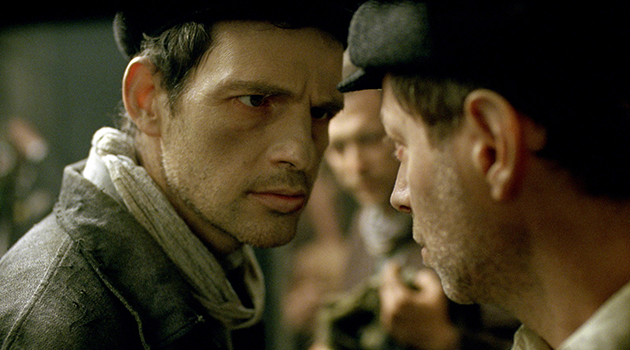Film discussion: Son of Saul

Saul, who is played by Hungarian-born Géza Röhrig, finds a young boy who has miraculously survived the extermination process. He can’t save him, but he resolves to bury him properly, with the blessing of a rabbi. Needless to say, in a Nazi death camp, this is no small task.
We have all seen Holocaust films before, from Spielberg’s Schindler’s List to Seven Beauties to The Pianist. The list of movies in which the Holocaust is either the setting or plays a part in its characters’ histories (e.g. Sophie’s Choice) is long. Very long.
It’s not a subject that promises audiences much pleasure. But I believe it’s a story that must be told again and again.
I’m hoping you will join me in watching Son of Saul and help me with the discussion. I selected the film for discussion because I think we owe that to the victims of the worst outbreak of ideological hatred in history.
But critics don’t praise movies for their subjects, and Son of Saul has received near universal praise. I was particularly struck by one critic who said, “No matter how many Holocaust films you’ve seen, you’ve not seen one like this.”
Yes, films like this one can be trying to watch. But I always remind people that Hamlet doesn’t exactly have a happy ending. After all, the final stage direction says: “Exit all carrying bodies.”
But there’s a useful purge to the emotions that comes from watching unhappy stories beautifully told. And I think we will find that with Son of Saul.
So, I hope to see you there.
